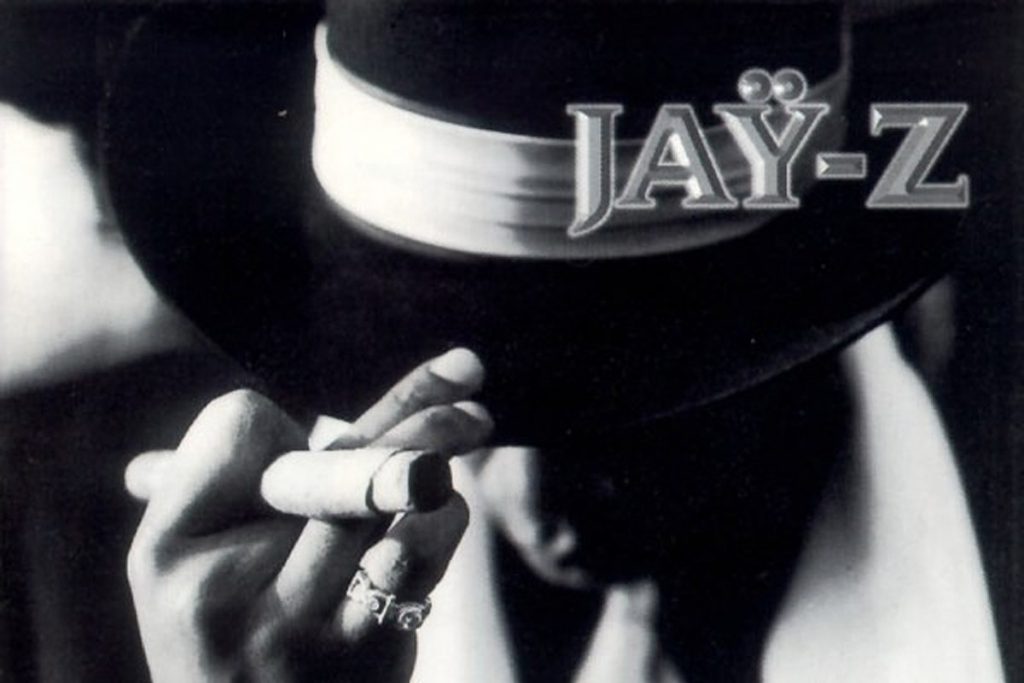In a growing trend, increasing numbers of musicians and copyright owners are looking to make money by selling non-fungible tokens (“NFTs”) associated with music royalty streams, and in at least one case, that has given rise to a lawsuit. That case centers on Roc-A-Fella records, that label that Jay Z started with Damon Dash and Kareem Burke in 1995. Jay Z and Dash each own one-third of the label, and the labels owns the copyright in Jay Z’s debut album “Reasonable Doubt.”
On June 18, Roc-A-Fella named Dash in a copyright lawsuit (one of the first copyright cases over an NFT) in a bid to stop him from auctioning off the copyright to Jay-Z’s debut album “Reasonable Doubt” as an NFT. According to the newly-filed complaint, which was filed in a New York federal court, Dash purports to own the copyright in Reasonable Doubt and set up an auction via NFT platform SuperFarm, claiming that “the newly minted NFT will prove ownership of the album’s copyright, transferring the rights to all future revenue generated by the album from Damon Dash to the auction winner.”
There were a couple of issues with this, which are at the heart of Roc-A-Fella’s NFT centric lawsuit: (1) Dash doesn’t own the copyright. Roc-A-Fella does, and (2) as a shareholder in Roc-A-Fella, Dash is entitled to part of its profits, indirectly giving him some of the royalty income from Reasonable Doubt.
Dash asserted that instead of auctioning off the copyright rights to the famed album, he is actually trying to assign the rights to future royalties that he is entitled to as a one-third owner of Roc-A-Fella. What he appears to be selling is the right to a royalty stream (the NFT), not the underlying copyright itself. In such a scenario, the new owner of the NFT would receive the royalty revenues, and each time that NFT is re-sold after the initial action, Dash would receive royalties on the sale of that NFT.
What are NFT royalties?
NFT royalties give the original creator (the person that “minted” the NFT) a percentage of the sale price each time the NFT creation is sold on a marketplace. NFT royalty payments are perpetual and are executed by smart contracts automatically thanks to the workings of the blockchain upon which the NFT lives. As such, if you buy an NFT that holds a contract for rights to a song, that NFT will receive revenue generated from areas like streaming, TV, film and sales. If the owner of the NFT resells these rights, the token’s smart contract ensures that the original creator (the person that “minted” the NFT) gets a percentage of the transaction.
If would be fair to assume that the value of an NFT linked to revenue streams will have a ceiling, as it may seem absurd to pay $1 million for something that may only generate $100,000 of revenue a year, however, the value of the NFT may continue to rise and each owner will profit when they sell it at an increased value. Each time that NFT is sold, the original owner receives a cut.
One small issue: Copyrights are limited in terms of their duration, and thus, they expire. Will people still want to own an NFT that is attached to a royalty stream that has ceased because of copyright expiration? We will update you in 70 or so years when that becomes an issue.
The case is Roc-A-Fella Records Inc. v. Dash, 1:21-cv-05411 (SDNY).
Emma Johnsen is a senior associate on Marque’s litigation team, specializing in IP with specific expertise in copyright, music licensing and esports.














